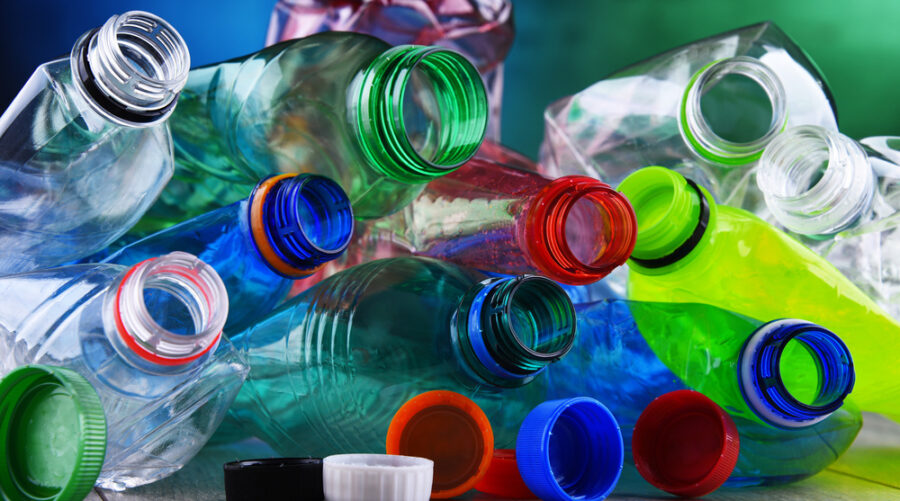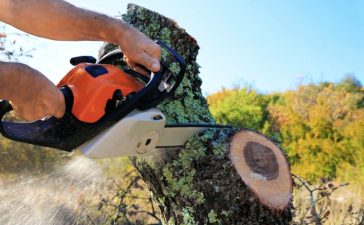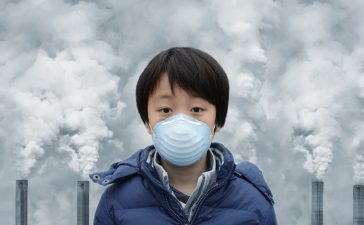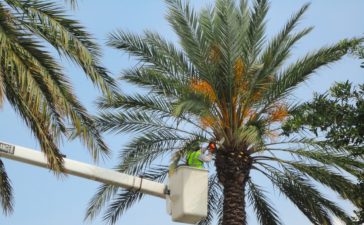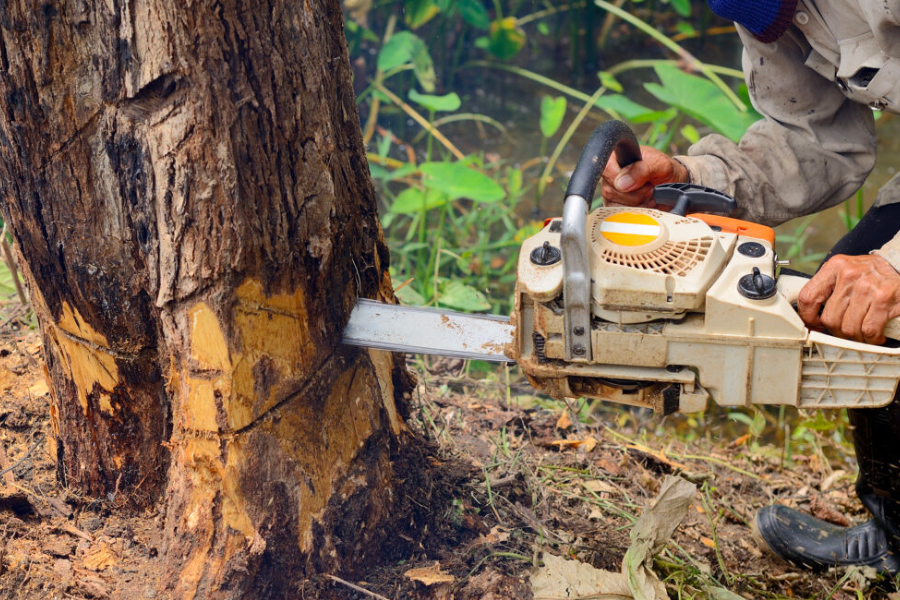Human beings are very adept at identifying crises. When it comes to solving those crises, the results are mixed. Sometimes we manage to stumble across the perfect solution. Other times our efforts fail miserably. More often than not, solving one crisis creates another.
Identifying and attacking a crisis cannot be done in a vacuum. Why? Because every action a person takes has consequences. Try as we might, it is impossible for us to do things without influencing other things. This leads to our greatest challenge in terms of attacking crises: thinking things through so that the end result isn’t worse than the original crisis.
Excessive Water Bottles in Mississippi
If you pay attention to the national news, you are probably aware that the city of Jackson, MI is in the throes of yet another water emergency. A litany of sewer and waste treatment problems have left the city dealing with water that is unsafe to drink without boiling.
While state and federal officials try to figure out workable solutions, millions of bottles of water have been offered to residents. What isn’t being provided by charity is being purchased at local grocery stores. The net effect of all the bottled water is a virtual mountain of plastic bottles heading to landfills.
There is a solution, according to Tennessee-based Seraphim Plastics. Water bottles made of PET are easily recyclable if they are kept separate and clean. Seraphim recycles baled plastic bottles in seven states. For this solution to work in Jackson though, people need to be motivated to return clean bottles to collection stations. City officials and volunteers are working on that.
Dead Birds and Bats
In our push to attack what we believe is a crisis with fossil fuels, we have pursued clean energy alternatives in earnest. But even they are not without their negative consequences. Take wind farms. They are notorious for inadvertently killing birds and bats.
It has been estimated that as many as 500,000 birds are killed by wind turbines each year, just in the U.S. alone. Multiply that by all the countries that have actively pursued wind energy over the last several decades.
In our attempts to address one crisis, we have created another. Which one is more perilous to the planet? Which crisis does more to jeopardize future sustainability? There is no way to know.
Mining Lithium Harms Soil and Water
Sticking with the push to address the fossil fuel crisis, we have also fully embraced the idea of the electric vehicle (EV). Unfortunately, EVs run on lithium-ion batteries. Why is that unfortunate? Because mining lithium harms both soil and water. You can also make the case that it kills fish and mammals.
Lithium mining requires a tremendous amount of water. It requires drilling huge holes in the ground. It results in toxic chemicals leaking into local waterways. Fish die in lakes and streams while land animals perish after drinking polluted water.
Utopia Does Not Exist
The world longs for a utopian existence where crises either do not occur or are kept to the bare minimum. Yet utopia does not exist. It cannot exist. The world is an imperfect place that will always be imperfect. We should remember this before we rush to address what we believe is yet another crisis.
Most perceived crises are not really crises at all. They are manageable problems that could be addressed reasonably if the powers that be did not stoke fear and political passion. But as things currently stand, we often rush into crisis management without giving any thought to creating a potentially bigger crisis on the other end.

